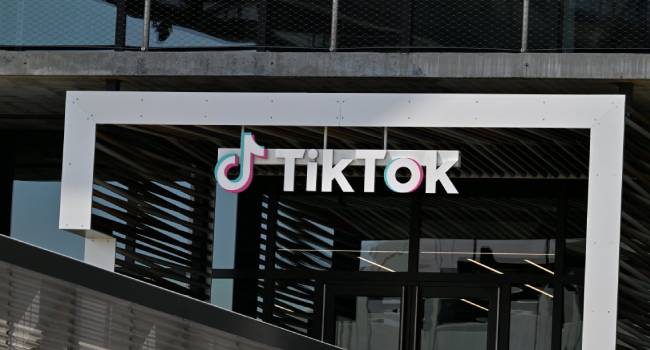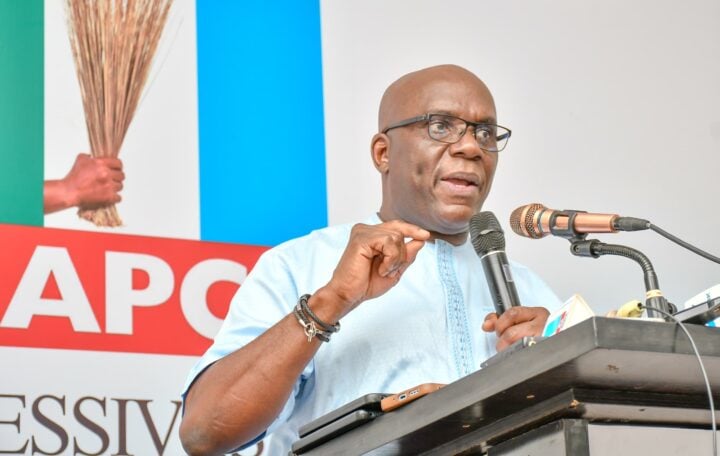In a unanimous decision, the US Supreme Court declined to grant a California man’s request to trademark the phrase “Trump too small,” affirming the Patent and Trademark Office’s (PTO) earlier rejection. Steve Elster, intending to print T-shirts bearing the slogan, argued that the PTO’s denial infringed upon his First Amendment rights to free expression.
However, the Court upheld the PTO’s decision, citing provisions in the Lanham Act that prohibit registering trademarks containing the name of a living person without their explicit consent. Justice Clarence Thomas emphasized that even when a trademark’s message is neutral or favourable, individuals can withhold consent to prevent association with commercial products or exploitation of their name for others’ profit.
The phrase “Trump too small” originated from a 2016 Republican presidential primary debate, where then-candidate Donald Trump’s hand size became a subject of jest after remarks by Florida Senator Marco Rubio. The phrase has since been used in various contexts, including as political commentary critiquing Trump’s approach to governance during his presidency.
Notably, Trump himself was not directly involved in the case, which underscored broader implications regarding the intersection of trademark law and free speech in political discourse.



